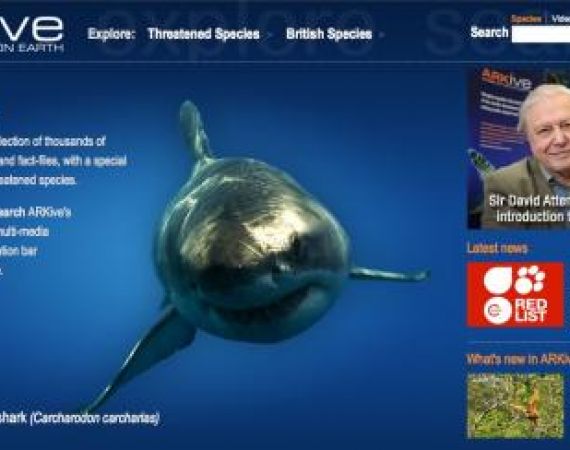Posted on Fri 6 Nov 2009
Bristol's success in Digital Britain funding
Out of 80 successful applications to the Technology Strategy Board’s recent

Posted by

Clare Reddington
Clare is the CEO of Watershed and a Visiting Professor at University of the West of England.Out of 80 successful applications to the Technology Strategy Board’s recent Digital Britain funding, Bristol companies secured at least five grants, another example of the city’s success in producing innovative ideas and new business models across the creative sector.
The feasibility grants are designed to stimulate innovation in business models, applications, services and technologies. Each study lasts up to three months and has received up to £25,000 in funding.
Details of the Bristol-based successes are below, if you know of any more winning bids, please do add them in the comments section:
New Digital Markets | ARKive and Wildscreen Trading Ltd, Nature Picture Library, VID Communications
ARKive is a world class example of a large multimedia content aggregrator/distributor. This feasibility study will explore the challenges and potential for novel business models and technical applications to address the future management and distribution of a specific range of digital media content (video & images), with the aim of finding a fair and efficient flow of revenue across the value chain, from content suppliers to consumers/visitors to the ARKive site. This will develop future capability to protect and exploit rights holders interests.
Smarter Self Reporting via Location Aware Public Services | Overlay Media and Connecting Bristol
Whilst mobile phones have become a pervasive technology for citizens, Government and Local Authorities have yet to seize the potential of mobile access to provide real-time, interactive, location-aware information and services to customers. This project aims to develop a location-aware framework for the provision of two-way mobile access to public services, which can demonstrate potential for efficiency savings, inclusion and improved service delivery and has potential to be scaled-up to meet the needs of all Local Authorities.
Joined up Britain: Nationwide location based information and entertainment | Calvium
An information platform of nationwide location-based content stored and accessible through web services and delivered on peoples GPS phones. The study will explore how to use technology to radically simplify and streamline processes so that thousands of individuals and companies can create and manage a compelling located media points that combined deliver a comprehensive, integrated nationwide service (a bit like a wikipedia structure for located media).
Digital Crystals | Tim Kindberg of Matter 2 Media
The design and implementation of ‘digital crystals’, intelligent signage devices located in public places such as retail (in-store and shop windows), bus stops, waiting rooms, clubs etc. Digital Crystals are internet-connected and provide information, advertising and mobile-based interaction for people nearby. This study will go beyond the limitations of current interactions with public signage to explore the creation of a matrix of devices in urban areas that, unlike current digital signs, are (a) affordable by many types of space-owner, (b) mobile-friendly, (c) designed to fit gracefully in their environment, and (d) collectively programmable for city-wide campaigns.
How Can Augmented Reality on a Mobile Device be Used by Historical Places to Deliver Content which Informs, Entertains, and Directs the User? | Mobile Pie
A study into how the use of Augmented Reality (AR) on mobile devices can improve the ways that public information available on existing networks can be brought to users in a useful and immediate context. In particular the study will concentrate on using 3D characters overlaid on real world real-time camera input to make users aware of historical sites and facts. It will also look into how the technology could be taken further to distribute more information, through micro-payments and allowing user generated and user shared content.